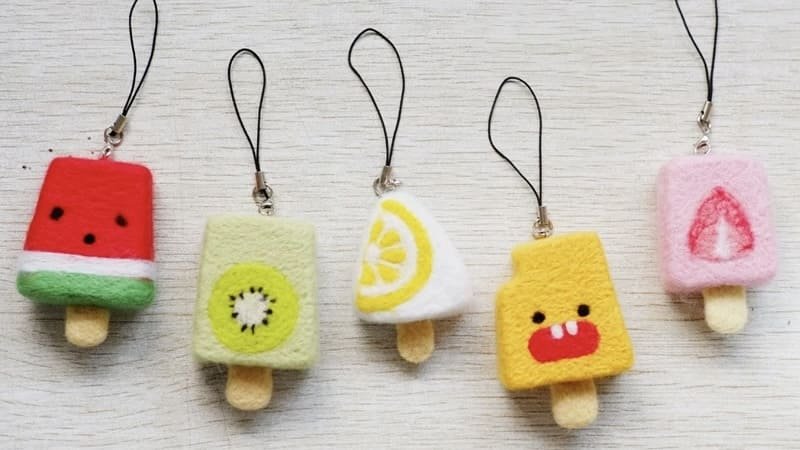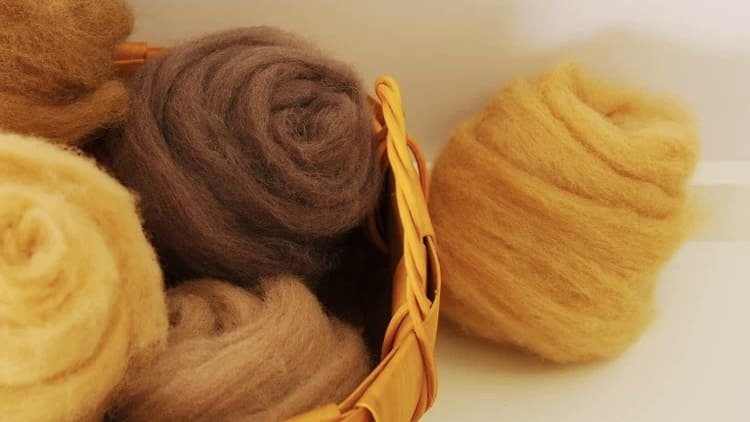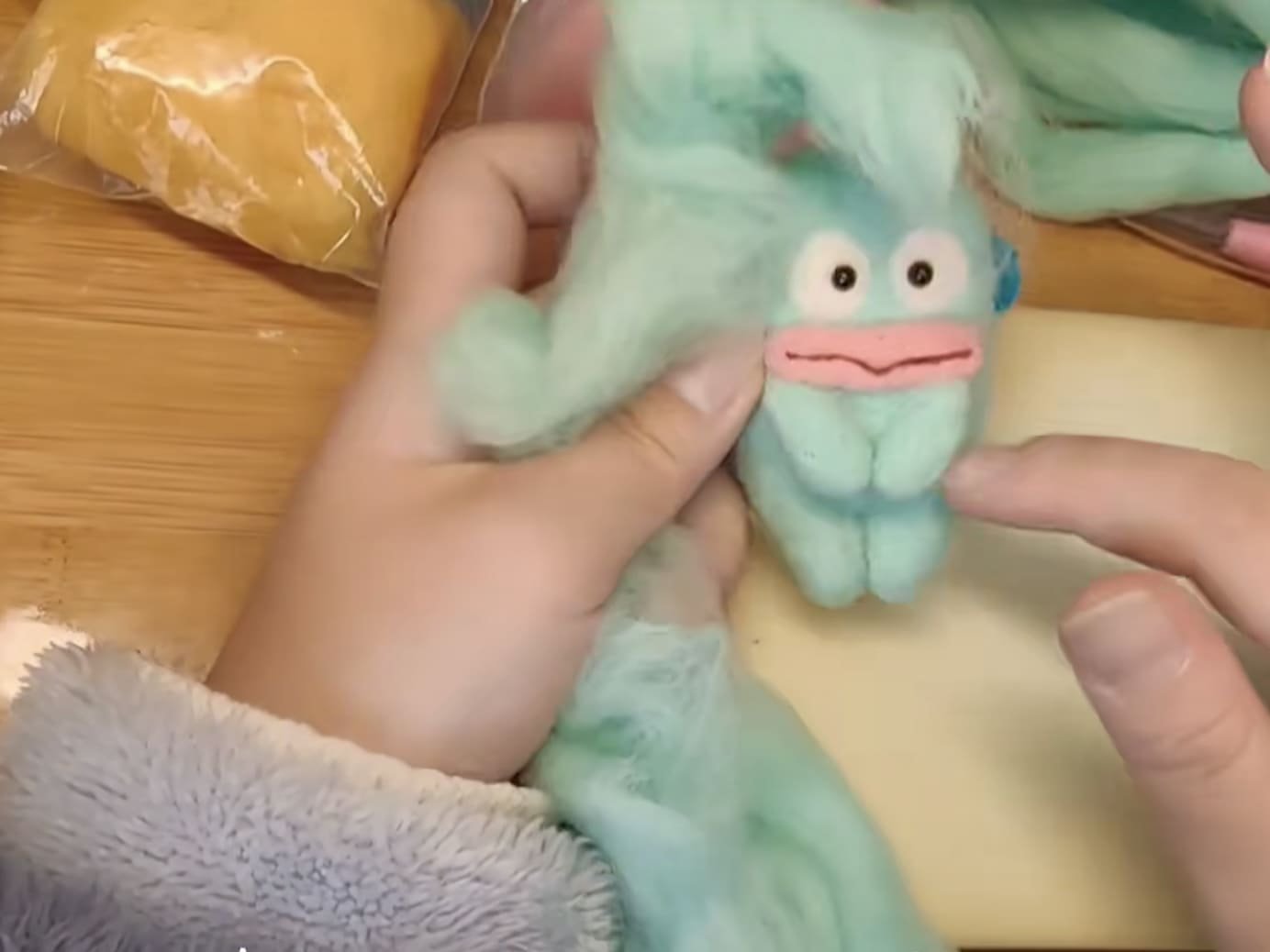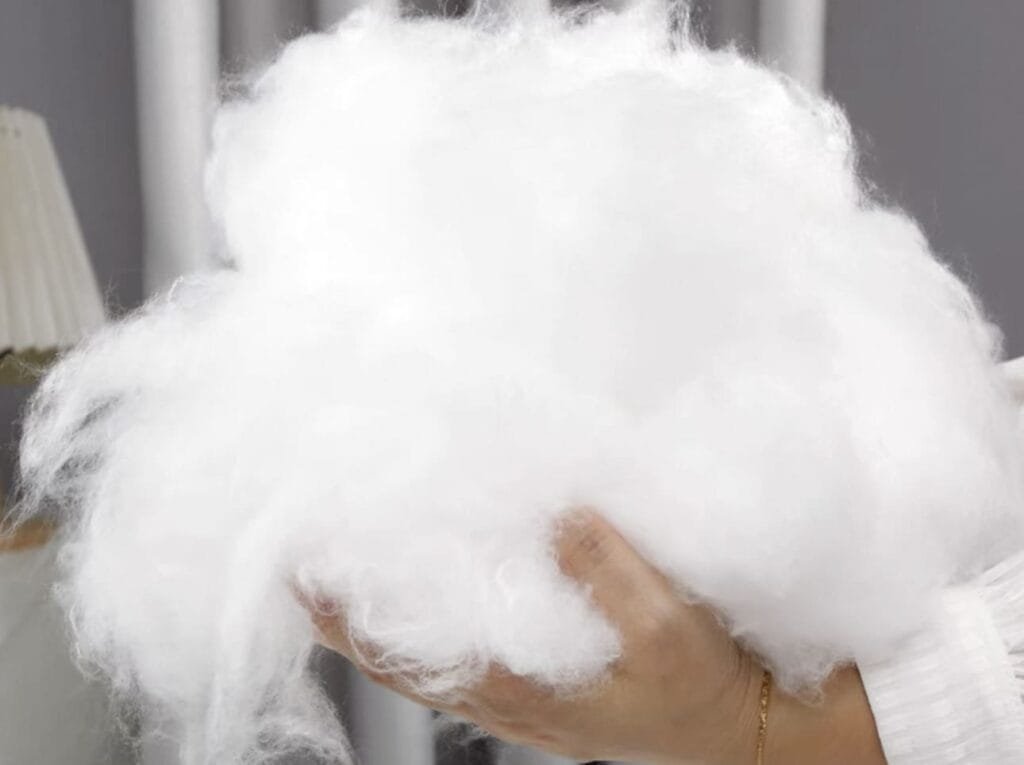What Is the Best Fleece for Needle Felting?
Needle felting is an art form where every stab of the needle transforms loose wool into something magical—whether it’s a whimsical animal, a delicate flower, or a sturdy decoration. But here’s the thing: not all wool is created equal. The fleece you choose can shape your project’s texture, strength, and even how much fun you have while crafting. So, what’s the best fleece for needle felting? Let’s explore the top contenders, their strengths, and how to pick the one that fits your next masterpiece.
Why Your Wool Choice Makes a Difference

Needle felting relies on wool’s natural ability to tangle and lock together when poked with a barbed needle. The ideal fleece has just the right amount of crimp—that wavy texture that helps fibers grip each other—along with a feel that suits your project. Pick a wool that’s too fluffy, and your creation might collapse; go too rough, and you’ll be fighting the fibers every step of the way. Knowing your options is the first step to felting success.
The Best Wool Types for Needle Felting

Here’s a rundown of the most popular wools for needle felting, each with its own personality and purpose.
Merino Wool: The Velvety Favorite
Merino wool is like the cashmere of the felting world—luxurious and loved for a reason:
- Silky Smooth: Its fine fibers create a soft, even surface, perfect for detailed designs like needle-felted figurines or felted jewelry.
- Vivid Colors: You’ll find it in every shade imaginable, making it a top pick for vibrant projects like spring felted crafts.
- Ease of Use: It felts smoothly, which is why it’s often included in beginner felting kits.
Merino shines when you’re crafting something small and intricate—think a felted bunny with lifelike fur or a dainty ornament. It’s a bit pricier, but the results are worth it.

Corriedale Wool: The Reliable All-Rounder
Corriedale wool is the jack-of-all-trades that doesn’t skimp on quality:
- Strength: Coarser than Merino, it’s built to last, ideal for 3D felted sculptures or holiday decorations.
- Flexibility: It works for both flat pieces and bulky shapes, adapting to whatever you dream up.
- Wallet-Friendly: More affordable than some premium wools, it’s great for experimenting or stocking up.
If you’re felting a handmade toy or a bold wall hanging that needs to hold its own, Corriedale’s your go-to.

Core Wool: The Backbone of Big Projects
Core wool might not steal the spotlight, but it’s a game-changer:
- Sturdiness: Its rough, bouncy fibers are perfect for shaping the insides of large needle-felted pieces.
- Efficiency: It felts down quickly, saving time on the groundwork.
- Value: Cheap and cheerful, it lets you save the fancy stuff for the outside.
Use core wool to bulk out a felted pumpkin or the base of a wool animal, then top it with something prettier.
Niche Wools to Spice Things Up
Want to take your felting up a notch? These specialty options might catch your eye:
- Natural Wool Roving: Unbleached and earthy, it’s a hit for rustic projects like felted landscapes.
- Blended Wool: Combines different fibers for unique textures—great for mixed-media felting.
- Bright Dyed Wool: Bold, pre-colored batches fuel standout pieces like felted festival decorations.
These aren’t everyday picks, but they’re perfect when you’re feeling adventurous or need a specific vibe.
Picking the Perfect Wool for Your Vision
Choosing the right fleece comes down to what you’re making. Here’s a quick cheat sheet:
- Small and Delicate: Merino wool’s fine touch is ideal for needle-felted earrings or detailed faces.
- Bold and Built to Last: Corriedale wool handles felted bags or standing figures with ease.
- Big and Budget-Savvy: Core wool sets the stage for oversized felted art, keeping costs down.
Pro tip: Combine them! Shape a felted bird with core wool inside and Merino feathers outside for a stunning, practical finish.

Where to Find Great Wool
Quality wool is just a click or a trip away:
- Craft Stores: Look for wool roving packs in natural or dyed shades.
- Online Shops: Search “best wool for needle felting USA” for suppliers with variety and reviews.
- Local Farms: Some sell raw fleece—clean it yourself for a truly hands-on experience.
Brands like Woohuu offer curated options, often with felting starter sets that include wool and tools to get you going.
Felting Hacks to Master Your Wool
Get the most out of your fleece with these tricks:
- Match Your Needle: Use fine needles (38-40 gauge) with Merino for precision, or thicker ones (36 gauge) with core wool for speed.
- Tease It Out: Pull wool apart gently before felting to avoid clumps.
- Test Small: Try a sample first to see how your wool behaves—especially with new types.
- Keep It Fresh: Store wool in sealed bags to dodge dust and bugs.
Wool in Action: Project Ideas
Picture this:
- Felted Coasters: Corriedale wool in earthy tones, tough enough for daily use.
- Miniature Pets: Merino wool for fuzzy details, with a core wool body underneath.
- Seasonal Stars: Bright dyed wool over a core base for festive tree toppers.
Each type of wool brings its own flair, letting you play with form and function.
So, What’s the Best Fleece?

There’s no single “best” fleece for needle felting—it’s all about your project. Merino wool dazzles with softness and detail, Corriedale wool delivers durability and versatility, and core wool keeps things affordable and structured. The magic happens when you match the wool to your goal, whether it’s a tiny felted keepsake or a chunky wool creation.
New to felting? Grab a needle felting kit to test the waters with different wools. As you get the hang of it, you’ll discover your favorites. So, snag some fleece, thread your needle, and start stabbing—your next handmade treasure is waiting!
